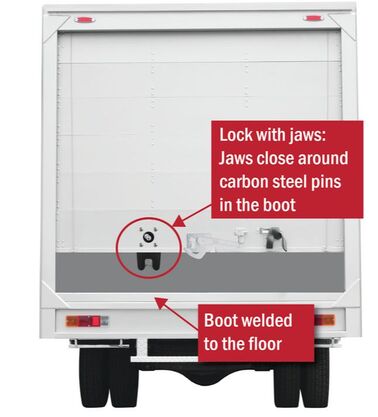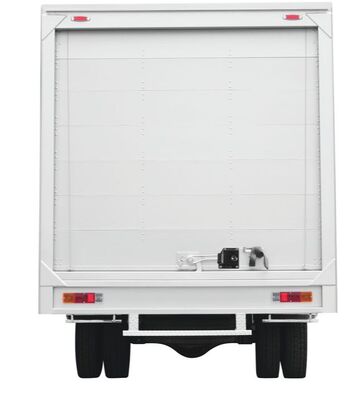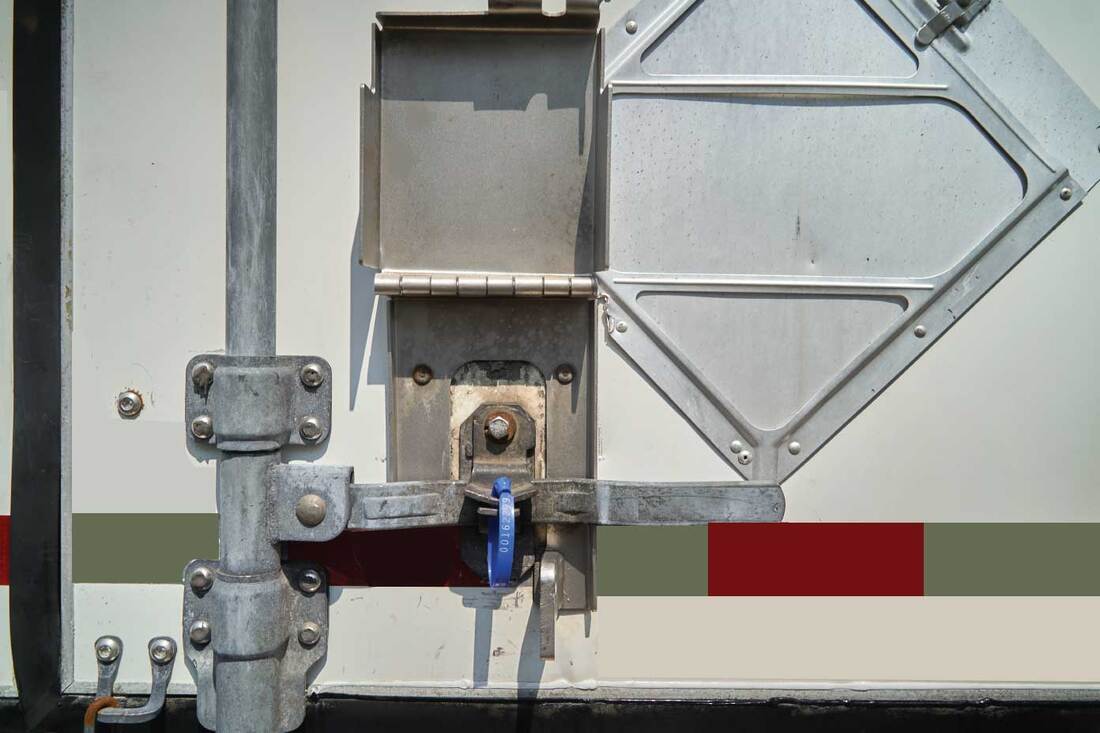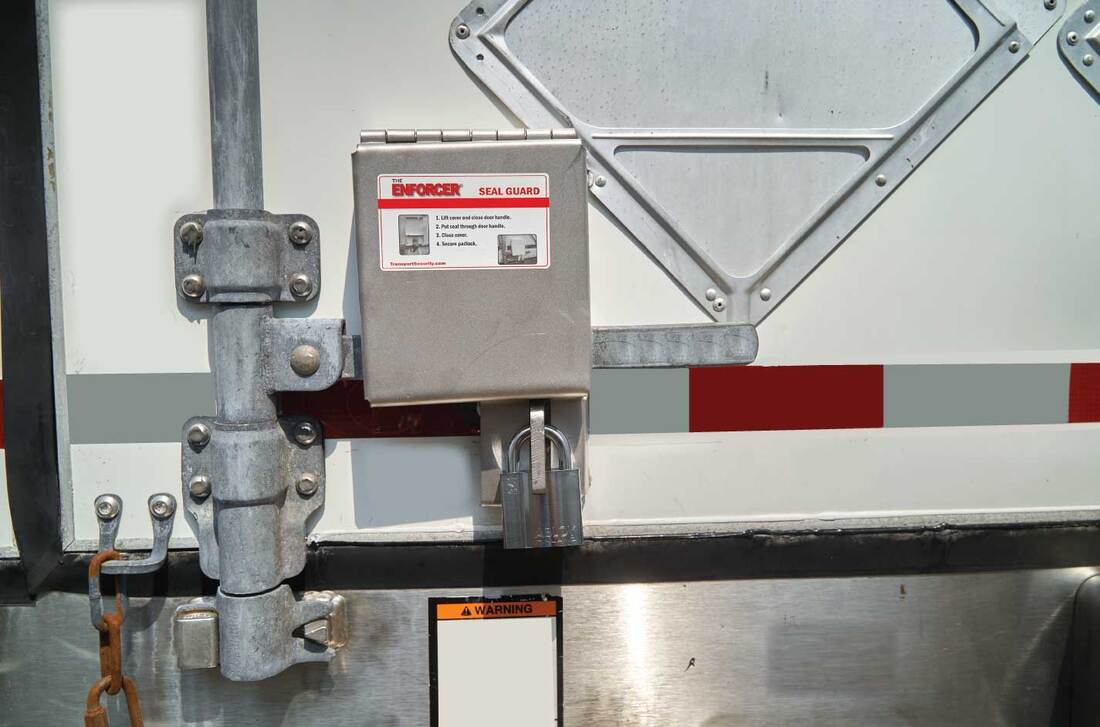|
Myth: Law enforcement is available to help with cargo theft. Unfortunately cargo theft is a low priority for many police departments. It is viewed and dealt with like a property crime. It does not receive the attention that other theft, such as smash and grabs, do. Other types of crime take precedence over theft of freight. According to the Federal Bureau of Investigation (FBI), cargo theft is estimated to cost the U.S. $15 billion to $30 billion a year, though the true numbers may be even higher, since some businesses are hesitant to report thefts due to reputation risk. Trucking companies may be able to get recovery assistance from their insurance company, industry organizations or a private investigator. Myth: Cargo theft is a crime of opportunity. Cargo theft rings are increasingly more organized. Theft rings are very knowledgeable about what freight is moving where and who is moving it. They conduct surveillance on warehouses, ports, distribution centers and truck stops. They know what distributors and receivers are in certain areas. Current supply chain issues have led to trailers and containers piling up at ports and warehouses for longer durations. Cargo is also being left to sit in less secure locations. This is spurring cargo thefts nationwide as thieves have taken notice. Cargo theft has also grown in sophistication. Thieves will falsify paperwork and other information to gain access to trucks and trailers.  Roll Up Door Lock Roll Up Door Lock Thieves do take advantage when they see an opportunity to quickly steal or pilferage a trailer though. Pilferage is when part of a shipment, rather than the entire shipment, is stolen. Cargo thieves have learned that breaking into a parked trailer and removing some goods is less risky than stealing the entire trailer. Often times pilferage is difficult to detect quickly, putting time and space between the thief and the crime. While this is viewed as low risk to the thief, trucking companies are faced with economic loss from the stolen products, insurance claims and damaged customer relationships. Pilferage can happen to a delivery truck during a busy delivery schedule. A driver may skip locking a padlock and hasp system when they go inside to make a delivery, resulting in unlocked doors. The ENFORCER Roll Up Door Lock is a heavy duty solution to this threat. The Roll Up Door Lock automatically locks when the box truck is closed. Often times this lock is referred to as a “slam lock”. When the door is closed, the interior jaws spring open to close around the carbon steel pins in the base that is welded to the floor.  Trailer Lock Box Trailer Lock Box Another security option for roll up doors that locks automatically is the ENFORCER® Trailer Lock Box #8055 which is permanently installed on the trailer door. The Lock Box replaces the standard trailer latch. The end of the trailer handle is inserted in the latching lock on the #8055. Lock is spring loaded to automatically lock when the handle goes into the lock mechanism. Provides protection without the hassle of having to put on and take off a padlock at multiple stops. Both ENFORCER locks include a high security ABLOY® lock cylinder that can be keyed individually or to a master system. Myth: Only high value freight is targeted for theft. All types of freight can be a target of theft or pilferage. Sometimes thieves don’t know what is in a trailer before stealing it. Criminals will steal anything they believe they can sell and almost all goods are fair game. Currently electronics are the most targeted items; theft of electronics is up 34% year-over-year according to CargoNet’s 2021 Supply Chain Risk Trends Analysis. Food is often targeted because it is easy to sell and the evidence is consumed. Fleets can be targeted because they aren’t utilizing high security locks. Companies should lock equipment and cargo with heavy duty locking devices. Invest in security devices that will deter criminals such as the ENFORCER Adjustable Rear Door Lock which includes an ABLOY padlock or utilize a hasp and padlock assembly. The ENFORCER King Pin Locks are heavy duty and secure dropped trailers and containers from theft while parked at terminals, distribution centers or retail stores. The King Pin includes an ABLOY lock cylinder. Myth: Cargo theft only occurs in large cities. While it is true that a large amount of cargo theft happens in large cities such as Los Angeles, Miami and Toronto; a growing amount of cargo theft is happening in rural areas. Rural areas are seeing an increase in theft because thieves have learned that local police departments are unable to provide much assistance. Agricultural cargo theft has increased in the past few years as well. Equipment and food items, such as nuts, have been targeted coming out of rural communities. Additionally, smaller ports are now seeing an increase in theft due to port logjams and higher amounts of cargo moving through. Myth: Seal tampering is a cost of doing business. Unauthorized seal tampering can be frustrating and expensive. Many types of seals are easy to compromise and trucking companies have to write-off expenses due to these instances. Receivers may reject a load due to seal compromise, costing shipper’s money and risking customer relationships. Fleets have an option to prevent seal issues. We recommend the ENFORCER Seal Guard Lock, a locking device that is permanently installed on the trailer and closes over the seal to protect the integrity of the load. The Seal Guard is available with a heavy duty ABLOY padlock. Cargo theft continues to adapt, so we need to remain vigilant. Keep yourself and staff informed of industry trends and continue to be proactive in securing your equipment and cargo.
0 Comments
|
Categories
All
Archives
February 2024
|
©2024 Transport Security, Inc. 820 South Pine Street Waconia, MN 55387 952-442-5625 enforcer@transportsecurity.com




 RSS Feed
RSS Feed